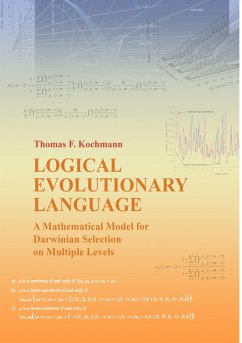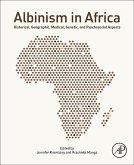For many decades, a controversial discussion has smouldered about the question: What is the unit of Darwinian selection? Versatile answers have aroused among evolutionary biologists. Some attributed this role to the "egoistic gene" unit only (e.g. Richard Dawkins), others paid additional attention to individual organisms or groups of individual organisms (e.g. David Sloan Wilson, Elliot Sober), or even species or clade selection (e.g. Stephen Jay Gould, Niles Eldredge), ultimately leading to hierarchical principles such as multi-level-selection. Attempts to address this question mathematically have been performed, however mainly using tools and techniques of the general mathematical field "Analysis" (e.g. by stochastic or deterministic ordinary or partial differential equations). Contrary to all of those the author started a different approach, namely incorporating the mathematical field of "Logic" into the scenary, constructing a formal evolutionary framework. Many new expressions such as "necessity" and "adaptive reaction" are introduced and require some practise from the reader. For this reason a multiplicity of (molecular) biological examples is given in order to deepen their usage and understanding. In the end, they will enable the reader to turn around the original bottom-up "imperative" view into a much more abstract top-down "declarative" perspective, where "evolution" could be regarded as a generalized satisfiability problem of an arbitrary logical formula. This reprint of the original work from 2001 is dedicated to Stephen Jay Gould (1941-2002).
Hinweis: Dieser Artikel kann nur an eine deutsche Lieferadresse ausgeliefert werden.
Hinweis: Dieser Artikel kann nur an eine deutsche Lieferadresse ausgeliefert werden.








